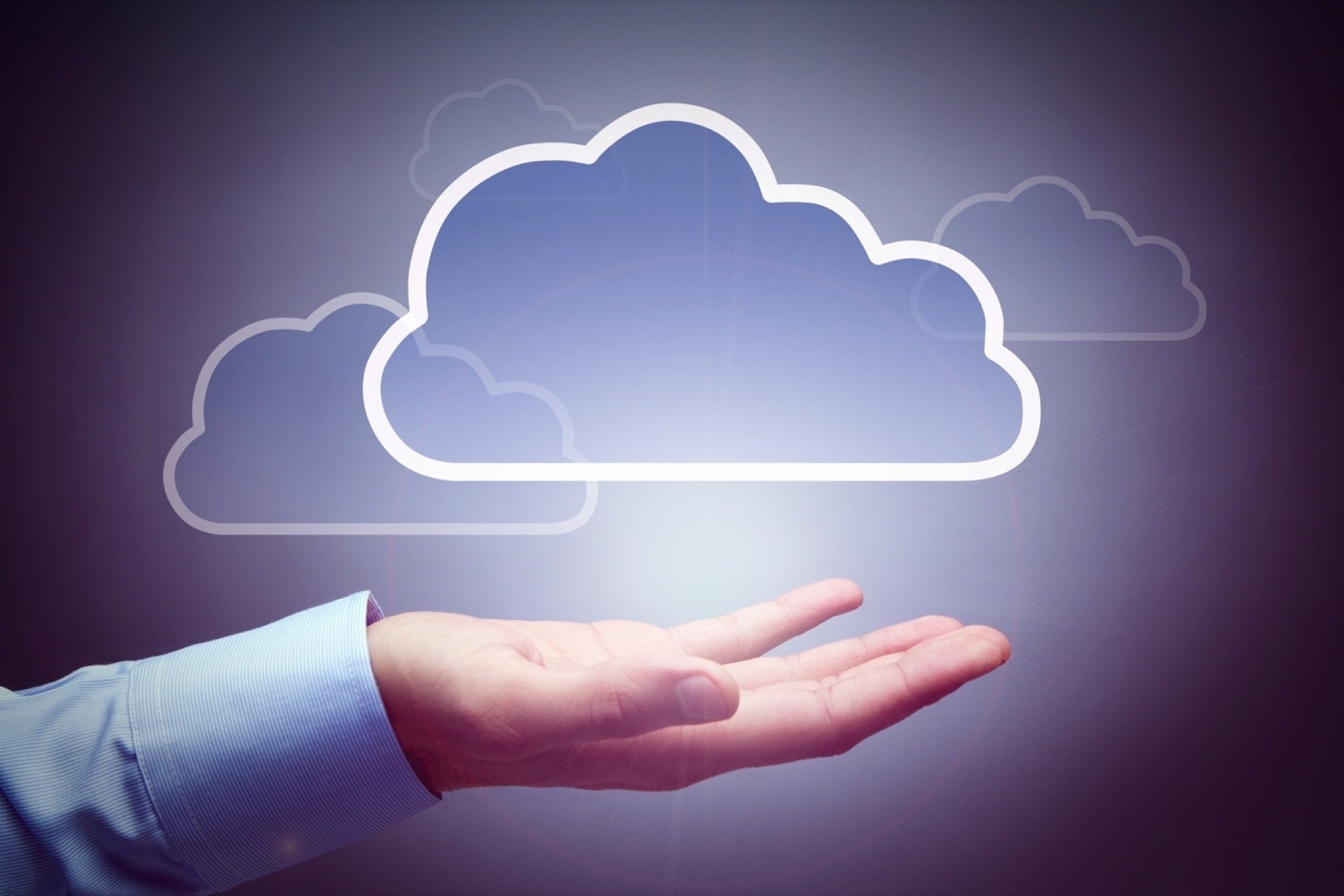Here's How Big Data is Changing The World It is clear that Big Data is here to stay
By Harnil Oza
Opinions expressed by Entrepreneur contributors are their own.
You're reading Entrepreneur India, an international franchise of Entrepreneur Media.

Big Data is the fashionable term people use in describing an amazing technology that solves massive problems. The problems that until recently seemed impossible to solve are now believed can be sorted out, thanks to the collection and analysis of a huge amount of data.
It is clear that Big Data is here to stay and, although sometimes we cannot see the magnitude of the change, it is clear that the data is changing the world as we know it.
Are you clear about why Big Data is so important? Here are ten reasons to convince you of its importance.
Reduce the Risk in Business
A recent PwC report suggests that cybersecurity threats are growing at an unprecedented rate: in 2015, these incidents increased by 38%. The big data plays a very important role in containing this worrying trend.
Big data can not only help in the cybernetic field, but it can also do it in front of another type of threats for the business that companies face every day, and that can be mitigated thanks to the correct analysis and use of data.
Take Advantage of Customer Information
Although it is very important to study the client to offer the best possible experience, it is time to attend to an element that until now was not taken too much into account: the context. Not only for the people who are in it but for what they are doing in it at a certain time.
Knowing the context in which the client is located gives us the clues about his behavior
Improve the Efficiency of Services and Products
Companies have more data than ever and can see your business from different perspectives. Big Data results in organizations making product development processes more efficient, improve product quality and reduce overall costs.
Perhaps one of the areas that have taken the lead in this regard is the automotive industry or logistics. Driven by the Internet of Things (IoT), your products and services are being offered like never before.
Modernize the Data Architecture
Most of the problems that organizations face today are not new, but they have changed the way they are confronted.
Modern data architectures allow companies to take advantage of all data, structured or not, to solve the challenges of companies with new and transformative methods.
Make Relevant What Until Now was Not
Thanks to a data-driven strategy, companies are reinventing themselves. A fact that supposes a fundamental turn on the new perspectives of employment and is allowing the younger generations find a new and dynamic work.
The Reinvention of the Industry
The industry is in a state of transition. Companies from traditional sectors (such as transport, for example) are forcing other players in their area to transform. The company that does not have data in the middle of this process has a problem.
Encourage the Development of New Skills
The big data allows the emergence of new technological tools. And not only companies are making their way in this new territory, but universities are also integrating into their work plans the development of big data as a workforce of the future.
Open Source, a Movement That is About to Arrive
The Open source is nothing new; but until now, this was limited to cost savings. In the era of big data, open source is no longer just a factor to save; it is also taken into account in the promotion of collaboration and innovation.
Everyone is an Analyst
Each area of the business, from finance to product marketing, uses the data in its daily activity. Not only do people who have the analyst degree work with data, but practically everyone is working with them.
Anything is Possible
Beyond the technological nuance, the most important thing about big data is the impact it is having on the world. Such impacts include smarter cities, improvements in patient care and prevention of disease outbreak, fraud reduction, and threats are fought faster than ever.
With so much data; cheap and accessible, it is not difficult to predict what will happen. Big Data is beginning to make the impossible possible, and it will have a profound transcendence. How will the world be in 10 years time?
The Scenarios Where the Big Data Philosophy Applies are:
Social networks: companies use this information to cross the data of candidates for vacancies of a job offer. The cross-referencing of this information yields an indicator of the importance of the relationship of the subject evaluated according to the community in which it operates, together with the generation of content that it produces.
Consumption: the case of Amazon in Big Data is evident, positioning itself as the leader in cross sales. The success of this great Marketplace is based on the ability to process large volumes of information from the behavior of users and customers in the use of the platform. This arduous work of massive data mining allows Amazon to base its sales strategy on the One user's purchase patterns crossed with the purchase data of another, thus creating suggestions, personalized advertising and relevant electronic bulletins that include just what the user wants at that moment.
This same strategy taken to retail stores in the world of customer loyalty is the key differentiating the income of a given chain from the understanding and monitoring of the tastes and preferences of buyers.
Research and development: the Starbucks case in Big Data highlights how the largest coffee shop in the world makes its research and development department available to its customers through the MyStarbucks Idea initiative. Social CRM website that conditions the brand's fanatical clients exposes initiatives of products and services that the brand can offer at its sales points. Jaime Press, director of operations of the Starbucks chain for Colombia, affirms that this type of initiative makes the brand profitable for the relationship of customers based on innovative products that meet their needs.
Tips for an Implementation of a Strategic Culture Around Big Data.
o Top management should define the information by priority levels.
o Each of the areas of the organization must define performance indicators that contribute to the development of the strategic vision of the organization.
o Monitoring and control reports should be standardized to unify systemic thinking within the areas.
o Define among managers, the ideal conditions of the information system for the development of reports resulting from the analysis of the indicators.
o Each area should have data analysts that allow management to monitor the strategy.
Mobile app development company can help brands with Big Data that will help promote their businesses.










